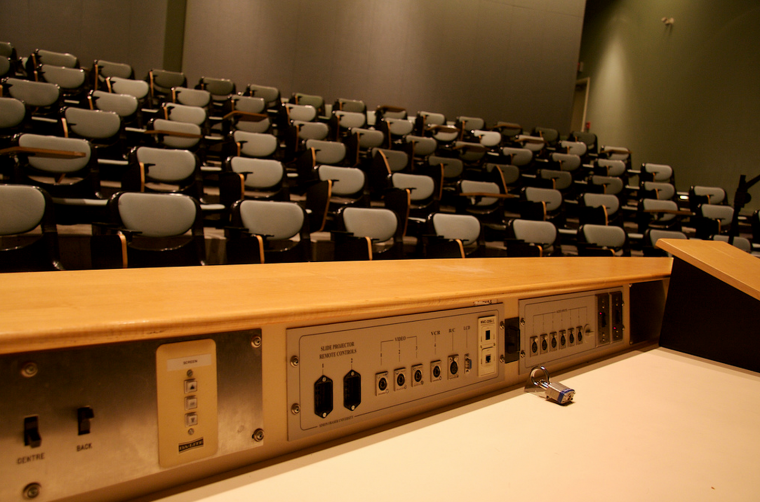13 essential resources every literature student needs to use
1. Your Librarian is probably your best resource Most, if not all libraries, will have paid professionals who are able to guide you around to find what you need. Go […]
Learn Literature Now
1. Your Librarian is probably your best resource Most, if not all libraries, will have paid professionals who are able to guide you around to find what you need. Go […]
1. Your Librarian is probably your best resource
Most, if not all libraries, will have paid professionals who are able to guide you around to find what you need. Go to the help desk and don’t be shy. Trust me. You may be 18 or 78, but there are people of all ages from all walks of life doing various types of research, and often, librarians will give you those extra tips to figure out where you need to go. Not only will they be able to locate a call number for you, but they’ll likely be able to tell you what the best publications are and the best way to locate them on your online database. Remember, you want to spend the least amount possible
Google Scholar is a free resource that can find loads of academic articles without having to bypass paywalls or an endless string of pages through your library database. Great if you need something quickly, but don’t want to go to SparkNotes for the basics. I recommend that you make a PDF folder on your laptop as early as possible.
3. JSTOR, 4. LiON, 5. MLA international Bibliography, 6. Gale
These four databases are absolutely essential for doing in-depth research on authors and their works. JSTOR is huge, so it’s easy to get swamped by a lot of articles. Learn the basics of doing advanced searches for what you want–and trust me, it’s out there. LiON is probably my favorite for looking up author bios. You can get a whole lot of preliminary information on anybody from Sophocles to Mavis Gallant, and make connections before you delve into your research. There is also a handy selection of academic papers here, too. The same goes for MLA International Bibliography. Like LiON, this database is very literature-specific and can help you find particular types of articles very easily. Finally, GALE contains some very precise info on authors, but takes a little more time than LiON. Luckily, it has a very up-to date selection of bios and text writeups on novels, plays and poetry books.
8. Cambridge, 9. Oxford, 10. Routledge and 11. Blackwell guides
These four publishers offer dozens of Classic and Contemporary Author introductions (among virtually any topic in The Humanities and the Social Sciences) through accessible and concise readings you can get at virtually any University library. These are perfect memos before class or before embarking on a long academic paper, and they are rarely too complex for amateurs.
12. Paris Review Interviews
The Paris Review Interviews are an essential for anybody who wants to become a writer. Read as many as you can and you will begin to understand what’s required and what’s expected of good writers. They also provide key insights into the artistic method, philosophy and life habits of some of the 20th century greats, from T.S. Eliot to Hunter S. Thompson to Alice Munro.
13. The Faculty is There For You


Remember, there are likely dozens at your school who do research of literature as their day job. They often love to talk about reading, researching and even writing, depending on what program they’re in. Don’t be shy to ask them stupid questions–they were once in your shoes and believe it or not, probably thought Paradise Lost was impossible to get through as well. But never forget that a personal perspective will often-if-not-always trump a digital reading.
Reblogged this on Go for Jo.
Reblogged this on Planet chloe.
Reblogged this on Sweet Escape and commented:
I think we need this; i need this & you need this.
Reblogged this on Bitácora de a bordo.
good to hear this
yes
Buying new spectacles can be among one of many many demanding activities we are inclined to proceed through on the relatively frequent foundation – everybody to two decades.
Eyesight safety is currently one of the most warm matters among many of US of diverse ages,
unique societal strata.
To the other hand, the True Checking could be the operating depend split from the quantity of units of
cards nevertheless to become worked.